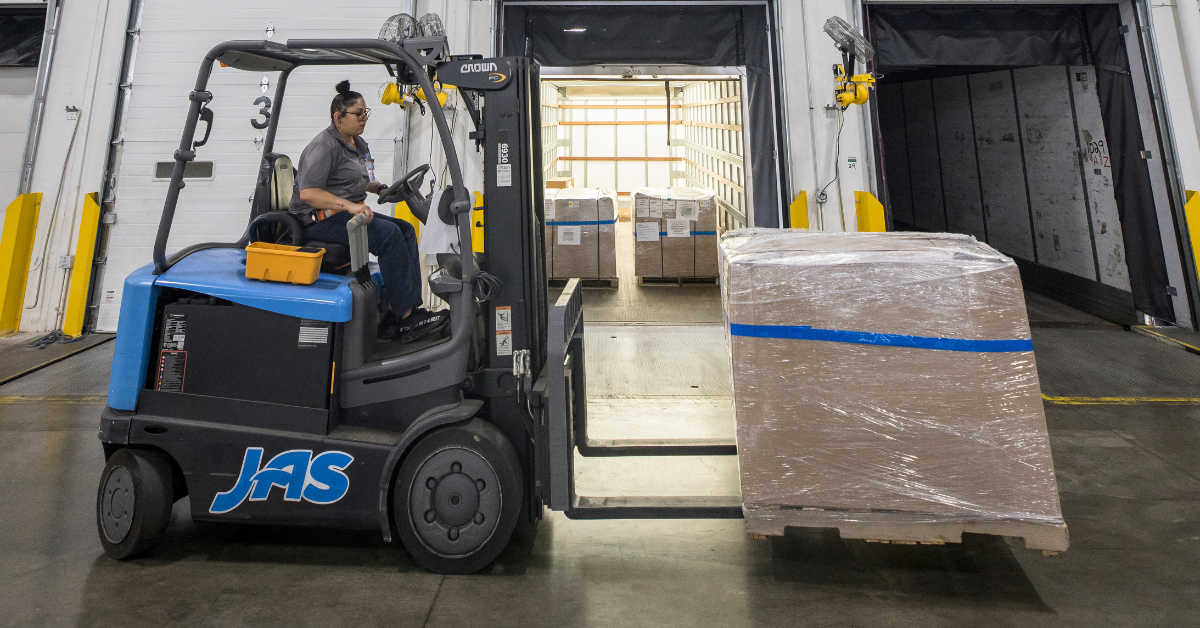Innovative Cold Chain Solutions: Delivering Critical Medical Supplies to Remote Regions

The customer is a key supplier of medical supplies to clinics and hospitals in developing markets, primarily operating in countries with underdeveloped infrastructure. Their role in the healthcare supply chain is crucial for ensuring access to essential medical products in these regions.
The customer needed to transport medical supplies from Australia a remote island while ensuring a cold chain temperature of +2 to +8 degrees Celsius. Maintaining this temperature was complicated by irregular schedules and frequent cargo offloading by airlines on this route and these challenges led to multiple shipments arriving at unsafe temperatures. When the customer reached out to JAS, the situation was at a critical point, and the hospital was at risk of closing if the cargo was not delivered in time. Additionally, the customer was concerned with the high costs associated with packaging and the lack of a cost-effective method for recycling and reusing packaging materials.
JAS employed its Lane Risk Assessment tools to map out the entire route, determining packaging requirements and selecting a route capable of offering cold storage during transit if necessary.
To address the packaging challenge, JAS sought out a local supplier capable of delivering a high-end packaging solution incorporating Vacuum Insulated Panels, all while maintaining a more cost-effective pricing structure. The JAS team also provided pre- conditioning of the packaging at its Sydney facility, strategically chosen for its proximity to the product pickup point.
By combining the insights from the Lane Risk Assessment and local expertise, the JAS team carefully selected the optimal flight routes and coordinated them with destination arrival times. This ensured adequate time for customs clearance and the safe delivery of supplies to the hospitals.
The implementation of JAS’s solution delivered favorable results for the customer. Firstly, JAS ensured a dependable cold chain, eliminating the risk of product spoilage. Additionally, the adoption of Vacuum Insulated Panels not only enhanced temperature control, but also presented a more eco-friendly and cost-efficient packaging solution. Moreover, the optimized route planning and coordination of flight schedules resulted in timely deliveries to the location and prevented a shortage of the said products.